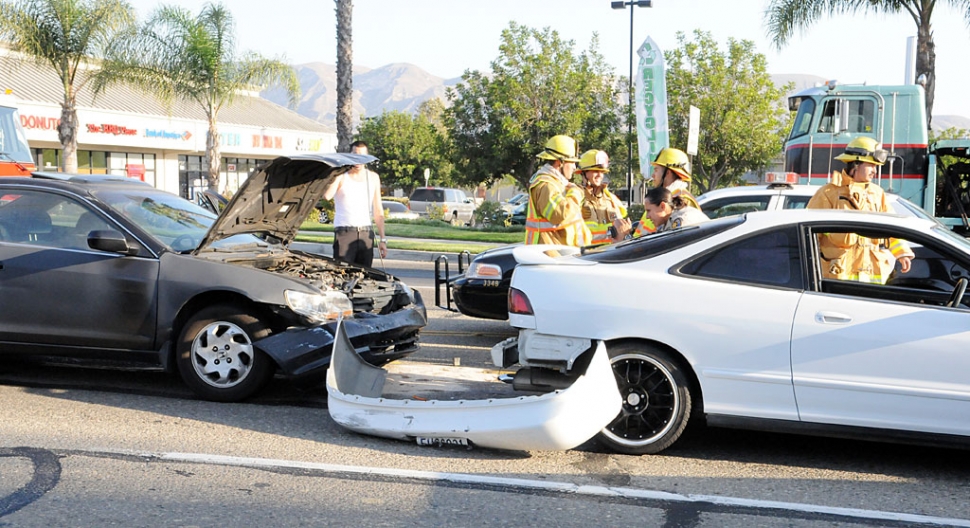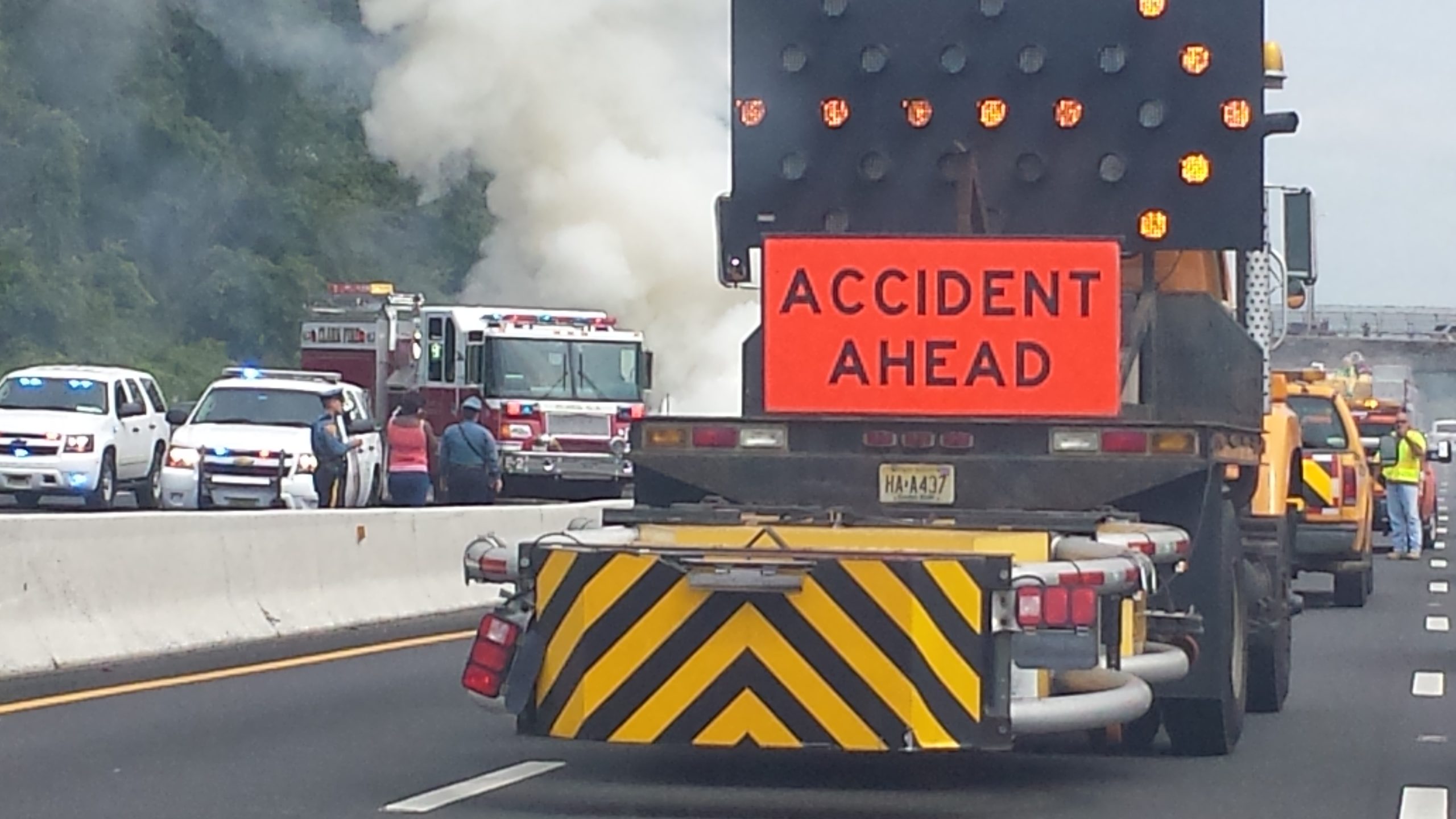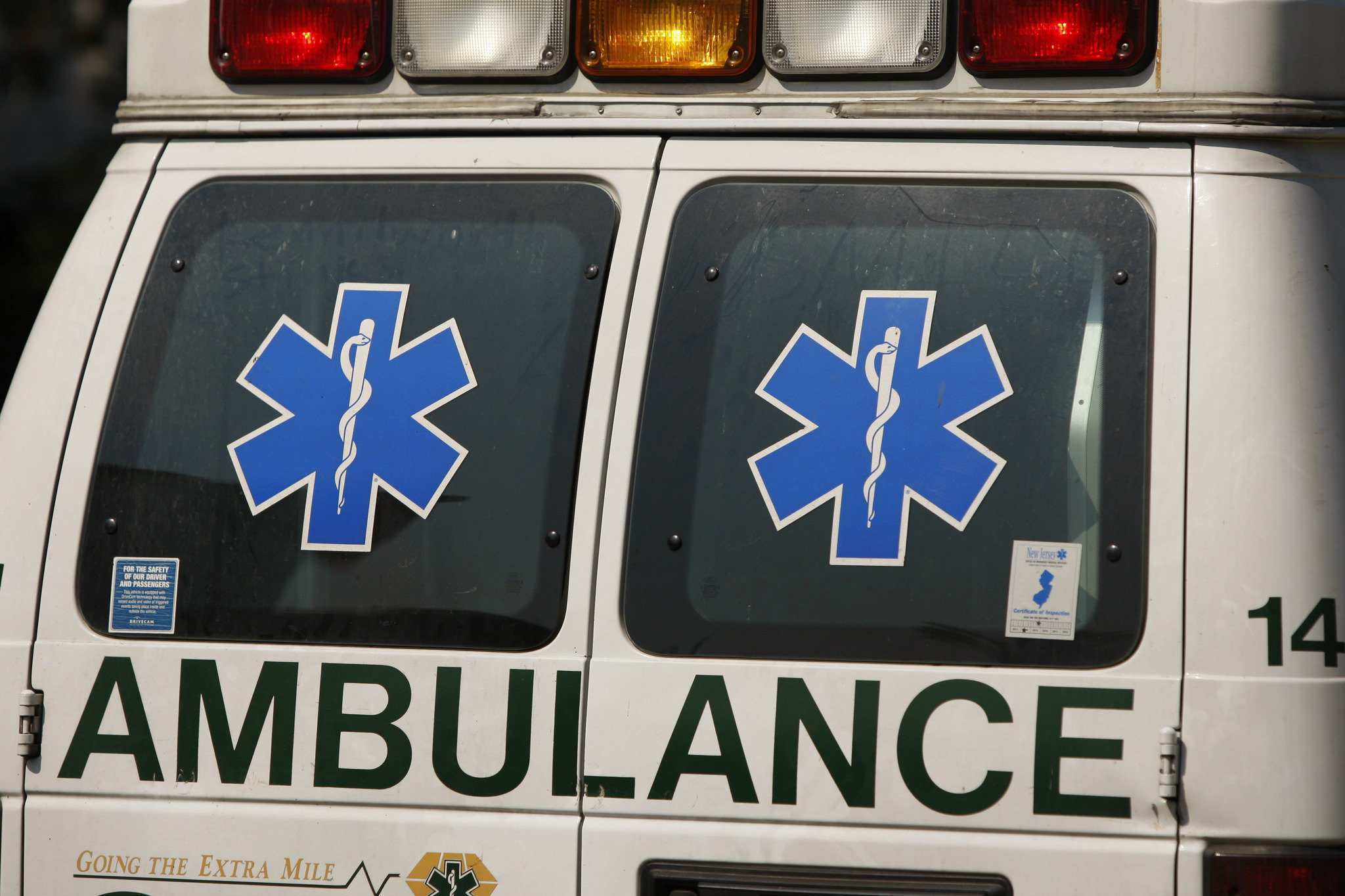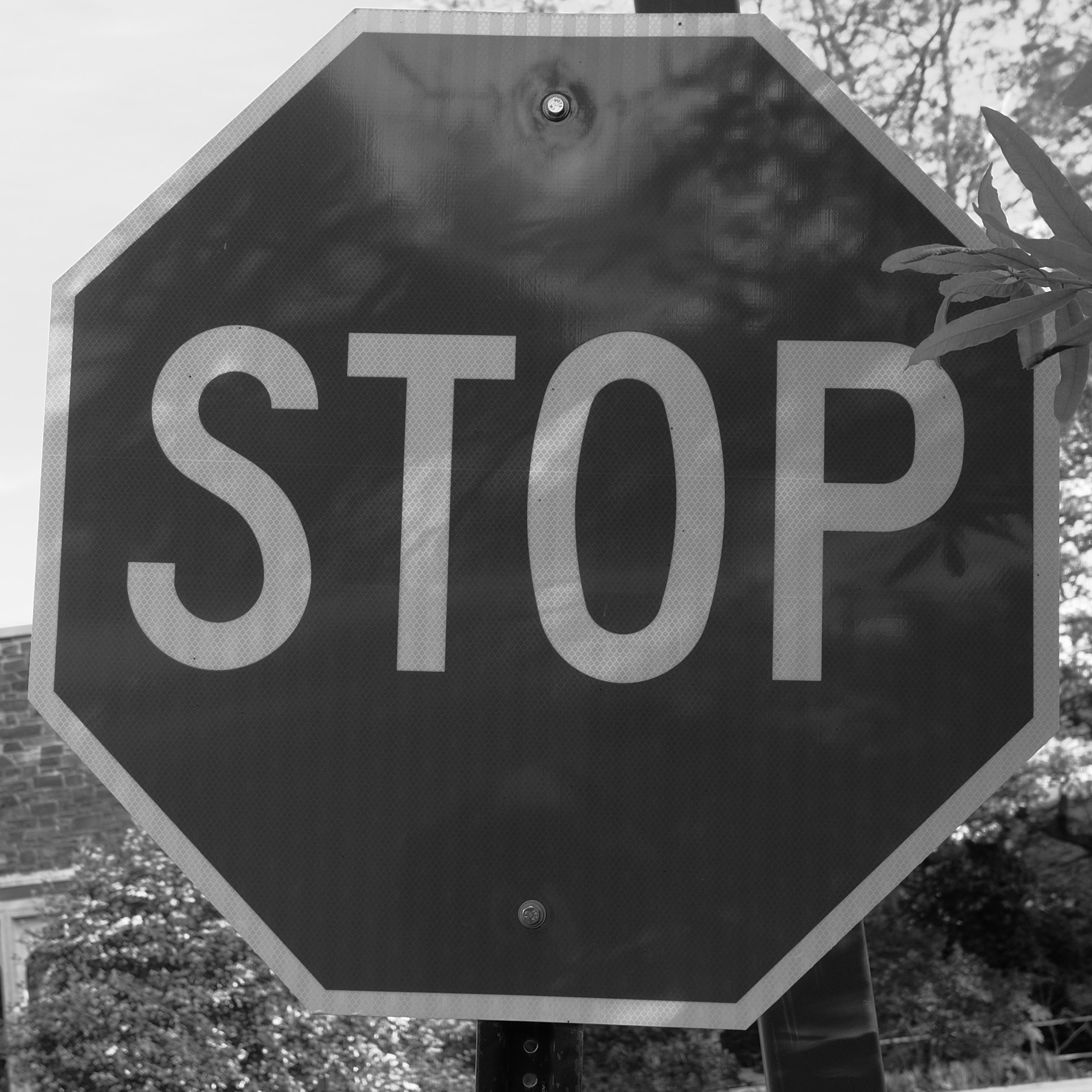Learn about the most common car accident injuries and how to seek medical attention.
The Most Common Car Accident Injuries
Head Injuries
- Concussion: A concussion is a mild traumatic brain injury that can cause a range of symptoms, including headache, dizziness, nausea, and difficulty concentrating.
- Brain Injury: A brain injury is a more serious injury that can cause permanent damage to the brain. Symptoms of a brain injury can include coma, paralysis, and cognitive impairment.
- Skull Fracture: A skull fracture is a break in the bones of the skull. Symptoms of a skull fracture can include bleeding, bruising, and swelling on the head.
Neck Injuries
- Whiplash: Whiplash is an injury to the neck that is caused by the sudden movement of the head during a collision. Symptoms of whiplash can include pain, stiffness, and difficulty moving the neck.
- Spinal Cord Injury: A spinal cord injury is a serious injury that can cause paralysis. Symptoms of a spinal cord injury can include numbness, tingling, and weakness in the arms and legs.
Back Injuries
- Muscle Strain: A muscle strain is an injury to a muscle that is caused by overuse or sudden stretching. Symptoms of a muscle strain can include pain, swelling, and bruising.
- Spinal Disc Injury: A spinal disc injury is an injury to the cushioning between the vertebrae. Symptoms of a spinal disc injury can include pain, numbness, tingling, and weakness in the back and legs.
Chest Injuries
- Bruising: Bruising is an injury to the skin that is caused by a blow or impact. Symptoms of bruising can include pain, swelling, and discoloration.
- Broken Ribs: A broken rib is an injury to a rib that is caused by a blow or impact. Symptoms of a broken rib can include pain, difficulty breathing, and coughing up blood.
- Punctured Lung: A punctured lung is an injury to the lung that is caused by a broken rib or other object penetrating the lung. Symptoms of a punctured lung can include shortness of breath, chest pain, and coughing up blood.
Abdominal Injuries
- Bruising: Bruising is an injury to the skin that is caused by a blow or impact. Symptoms of bruising can include pain, swelling, and discoloration.
- Internal Bleeding: Internal bleeding is bleeding that occurs inside the body. Symptoms of internal bleeding can include pain, dizziness, lightheadedness, and rapid heartbeat.
- Organ Damage: Organ damage is damage to an organ that is caused by a blow or impact. Symptoms of organ damage can vary depending on the organ that is damaged.
Extremity Injuries
- Broken Bones: A broken bone is an injury to a bone that is caused by a blow or impact. Symptoms of a broken bone can include pain, swelling, and deformity.
- Sprains: A sprain is an injury to a ligament that is caused by a stretch or tear. Symptoms of a sprain can include pain, swelling, and bruising.
- Cuts: A cut is an injury to the skin that is caused by a sharp object. Symptoms of a cut can include pain, bleeding, and swelling.
It is important to seek medical attention immediately if you are involved in a car accident, even if you do not think you are injured. Some injuries, such as concussions, may not be immediately apparent.
If you have been injured in a car accident, you may be entitled to compensation for your medical expenses, lost wages, and pain and suffering. You should contact an experienced personal injury attorney to discuss your case.




